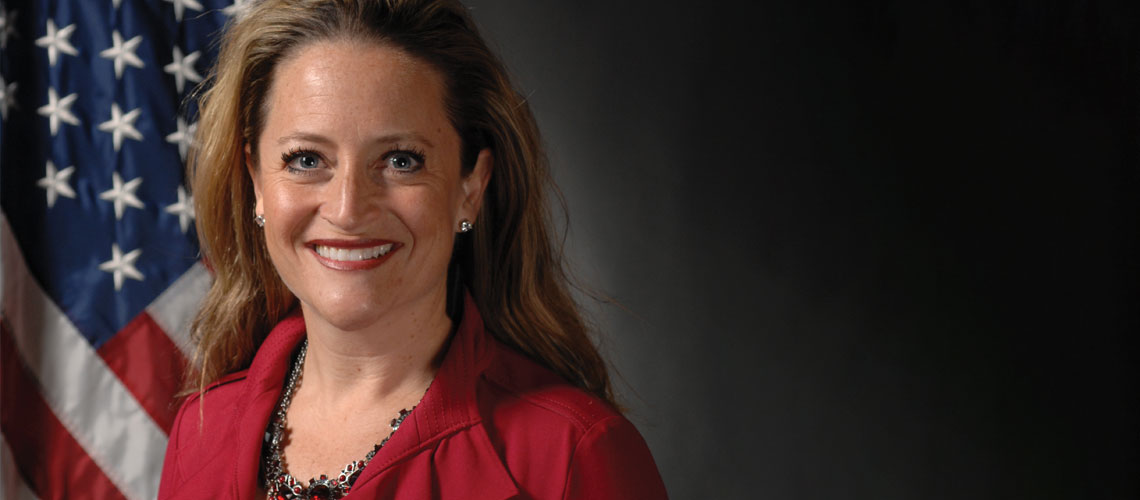What prompted the switch from law to banking?
I definitely never planned on being a banker! I was approached with an opportunity to serve as in-house legal counsel at a local bank and decided it was a great opportunity for me to grow and learn. While I loved practicing law, there were not as many in-house opportunities at the time, so I decided to take the opportunity when it was available.
Are there processes or takeaways from your law background that you bring to your role at ASB?
Absolutely. My legal background helps me to learn concepts quickly, analyze issues, ask questions and methodically work through possible scenarios and solutions. Also, as a professional service provider, I learned how important it is to bring practical and sometimes creative solutions to the table. One of my mentors, Lex Smith, drilled it into me that if we had to say “no” to an idea, to always examine different angles and offer alternative options. I draw on this experience every day in my current role.
You’ve been active in the nonprofit sector throughout your career—do you have a personal connection to any of the organizations you’ve worked with?
I have a personal connection to every one of the organizations I volunteer with. It’s so important to feel that connection since volunteer work requires significant time and energy. My involvement with Catholic Charities Hawai‘i has allowed me to better understand and advocate for those in need in our community.
Recently, I’ve become much more involved in the U.S.-Japan Council, an organization focused on developing and maintaining people-to-people connections between the U.S. and Japan. My involvement has reinvigorated a long-time interest in my Japanese-American ancestry and Japan-U.S. relations while allowing me to explore my passion for leadership development.
What’s the most valuable lesson you’ve learned over the course of your career? The most difficult lesson?
I’ve learned to trust my gut and not avoid difficult conversations. Not doing either of these has been my most difficult lesson, by far! Bad news and difficult feedback never age well.
What advice do you have for someone looking to advance within their organization?
First, be very focused on your current role and responsibilities and ensure that you are doing that job extremely well. “Extremely well” means doing much more than is expected of you and seeing and executing on ideas that others have not tried or acted upon. I recommend seeking varied and frank feedback to ensure your assessment of your effectiveness and influence is aligned across the board.
Second, be flexible. Sometimes the career opportunities you are offered are not along the linear path you envisioned. Real growth does not always mean bigger teams, more money or even different job titles. At ASB I moved positions laterally for 10 years before getting promoted, but each role allowed me to grow, learn and contribute more effectively.
What are some methods that have worked for you to get teams to collaborate more effectively?
Spend time listening to team members to better assess where people are at and what the challenges are, then set realistic expectations about the path forward. It’s difficult to jump into or force collaboration—it doesn’t just happen because you want or need it.
It’s also important to ensure clear and consistent communication so that the group collaborating is aligned on the context and objectives of the collaboration.
Finally, and most critically, establish trust within the team. Sometimes, this simply takes time. The leader of the team has to take the first steps and demonstrate trust, transparency and willingness to take feedback. That helps create a collaborative and trusting culture.
















